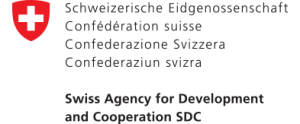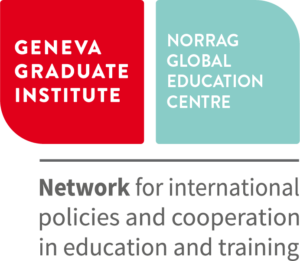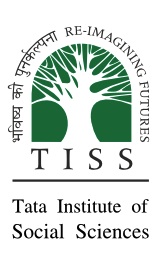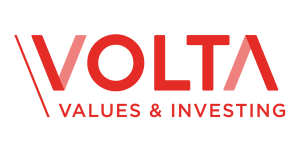All project partners and the SDC work in a highly collaborative manner, sharing knowledge and experience across innovative financing initiatives and evaluations. This aims to ensure that the learning opportunity of this evaluation project is not only shared externally with the education and development community but also internally to maximise the collective knowledge of the consortium (Figure 2). Project governance is supported by a Steering Committee composed of the SDC Research Desk and the consortium partners. Additionally, the project seeks technical advice and feedback from an International Advisory Committee composed of national and global level experts in education and finance.
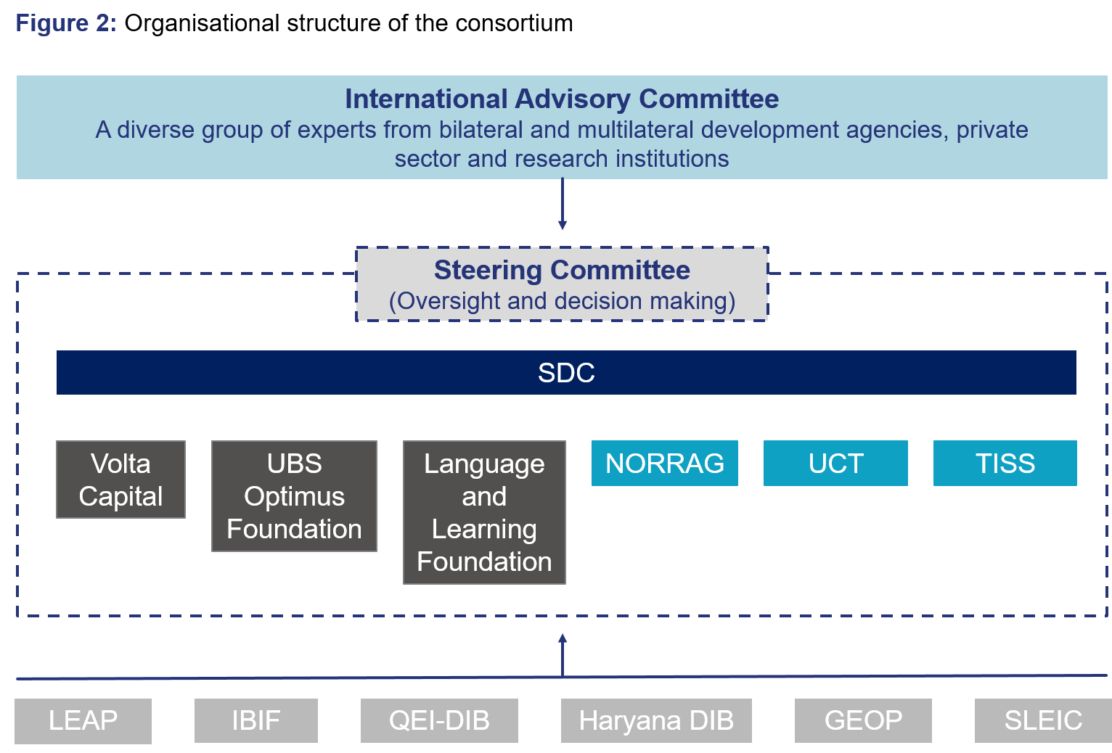
NORRAG serves as the lead partner for the IFE-2-Leave No One Behind project, playing the central role in establishing the impact evaluation framework, coordinating the research, developing the evaluation synthesis and the research financial management. NORRAG also takes the lead in disseminating the research findings in a way that is effective and reaches a wide audience of stakeholders. The collaboration between research partners, NORRAG, UCT-GSB, and TISS-CETE, fosters knowledge exchange and capacity building of experts in both the Global North and the Global South. It also fosters south-south collaboration by engaging TISS-CETE and UCT-GSB, who have expertise in research, innovative financing and education in South Asia and Sub-Saharan Africa. All research partners, including NORRAG, engage early career researchers to build the analytical skills of the next generation of development researchers on the emerging topic of innovative financing for education and development.
The implementation partners, UBS Optimus Foundation, Volta Capital, and Impact-Linked Finance Fund, take the lead in implementing the innovative financing initiatives to reach the target beneficiaries. The implementation partners also contribute to data collection from the innovative financing initiatives in the form of existing programme monitoring and evaluation and some of the additional data collection required for the IFE-2-Leave No One Behind evaluation. They actively engage and incorporate learnings from formative evaluation findings along with participating in global dialogue and knowledge dissemination activities.
This project is co-funded by the Swiss Agency for Development and Cooperation.
